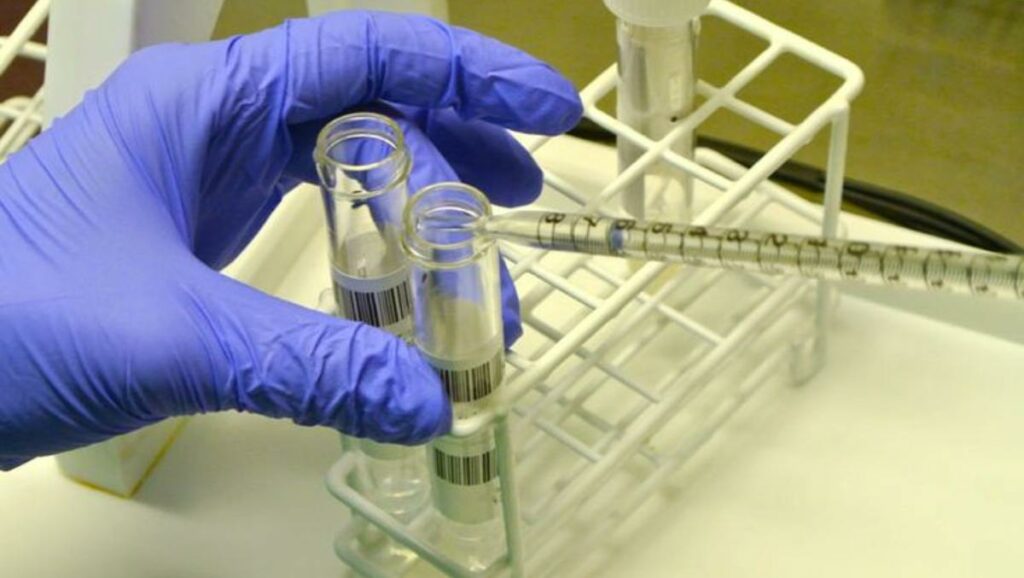Pregnancies resulting from in vitro fertilization (IVF) or fertility treatments carry a higher risk, says a study published in the Journal of the American Heart Association. As CNN reports, the research “compared more than 106,000 births in which the baby was conceived using assisted reproductive technology with more than 34 million births conceived without such help.”
The research team was led by Dr. Pensée Wu, senior lecturer and honorary consultant obstetrician and specialist in maternal fetal medicine at Keele University School of Medicine. A press release reported that this is the first population-based study of its kind and the largest analysis to consider both pregnancy outcomes and vascular complications for women who conceived using assisted reproductive technology.
The study was funded by the National Institute for Health Research and the Blumenthal Scholarship in Preventive Cardiology at John Hopkins University.
More risks for mother and child
Women who conceive using assisted reproductive techniques such as IVF are more than twice as likely to experience kidney failure and have a 65% higher risk of irregular heartbeat. They also experience a 57% greater likelihood of suffering a placental abruption.
Depending on the severity, this can be a life-threatening condition. In addition, women who conceived via assisted reproduction were 38% more likely to have a cesarean section and 26% more likely to have a premature birth.
“We were surprised that assisted reproductive technology was independently associated with these complications, instead of only being associated with the existence of pre-existing health conditions or only among older women undergoing infertility treatment,” Wu told CNN.
An alternative but not incompatible point of view
Also on CNN, Dr. Sigal Klipstein, a specialist in reproductive endocrinology and infertility, says this is not a surprising study. “Both women who required a short course of fertility pills and women who required multiple cycles of IVF were grouped in the study,” Klipstein explained. “It is often prior infertility, not fertility treatment, that is associated with worse outcomes.”
“Klipstein’s point may be valid, but there have been numerous complications potentially related to in vitro fertilization,” reads the we–known pro-life portal Live Action. “Children conceived through in vitro fertilization are more likely to have low birth weight, higher blood pressure, hormonal imbalances and advanced bone age, cardiovascular problems and cerebral palsy, autism spectrum disorder, infertility, leukemia and other cancers. This is in addition to the millions of lives created and then destroyed in an attempt to artificially create a child,” the article concludes.
